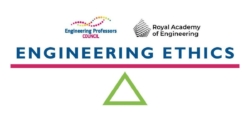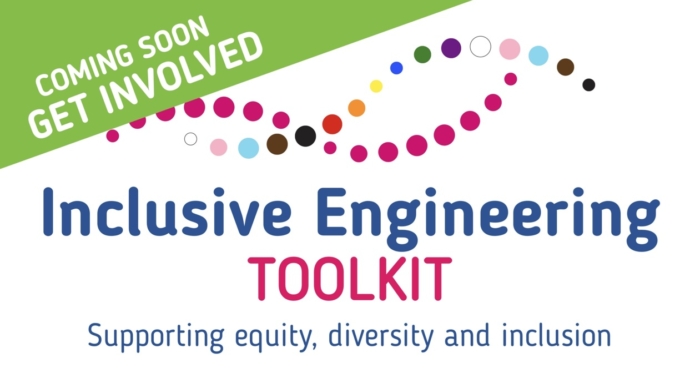 Our original Engineering Ethics Toolkit case study, Facial recognition for access and monitoring, addresses the ethical issues of diversity, bias and privacy, and examines situations that professional engineers need to consider, such as informed consent, misuse of data, and conflicts with leadership.
Our original Engineering Ethics Toolkit case study, Facial recognition for access and monitoring, addresses the ethical issues of diversity, bias and privacy, and examines situations that professional engineers need to consider, such as informed consent, misuse of data, and conflicts with leadership.
This case involves an engineer hired to manage the development and installation of a facial recognition project at a building used by university students, businesses and the public. It incorporates a variety of components including law and policy, stakeholder and risk analysis, and both macro- and micro-ethical elements. This example is UK-based: however, the instructor can adapt the content to better fit the laws and regulations surrounding facial recognition technology in other countries, if this would be beneficial.
Now, as well as the activities within the original case study, we have provided an expansion on one of the activities in the form of a Case enhancement: Prompts to facilitate discussion activities.
We’ve provided this, and other case studies and case enhancements for you to use and adapt in your teaching. If you’re new to ethics, we have a growing library of guidance articles available to support you, and an interactive Ethics Explorer to get you started.
Want to contribute your own content to the Ethics Toolkit? Get involved here.

 Our original
Our original 


